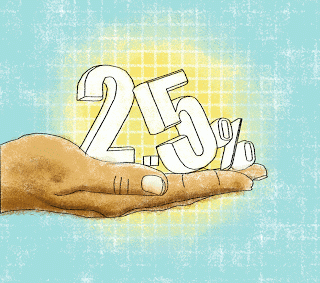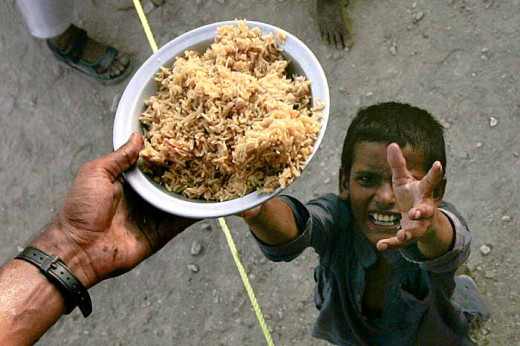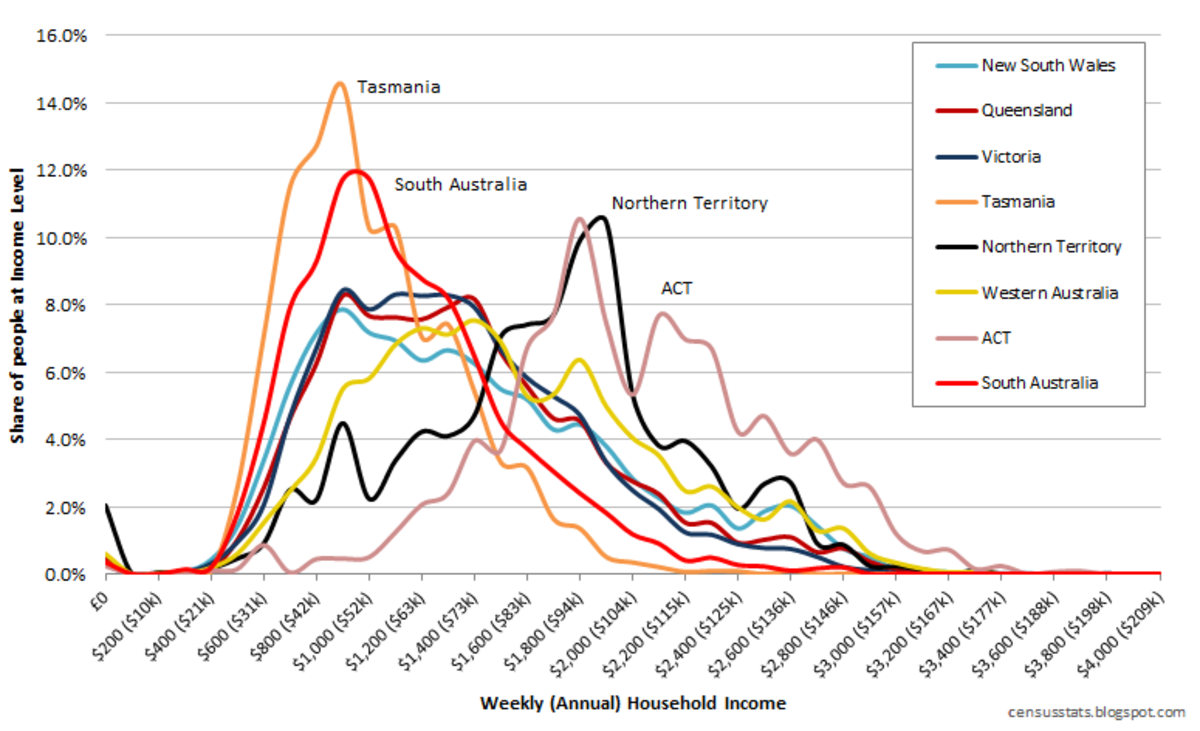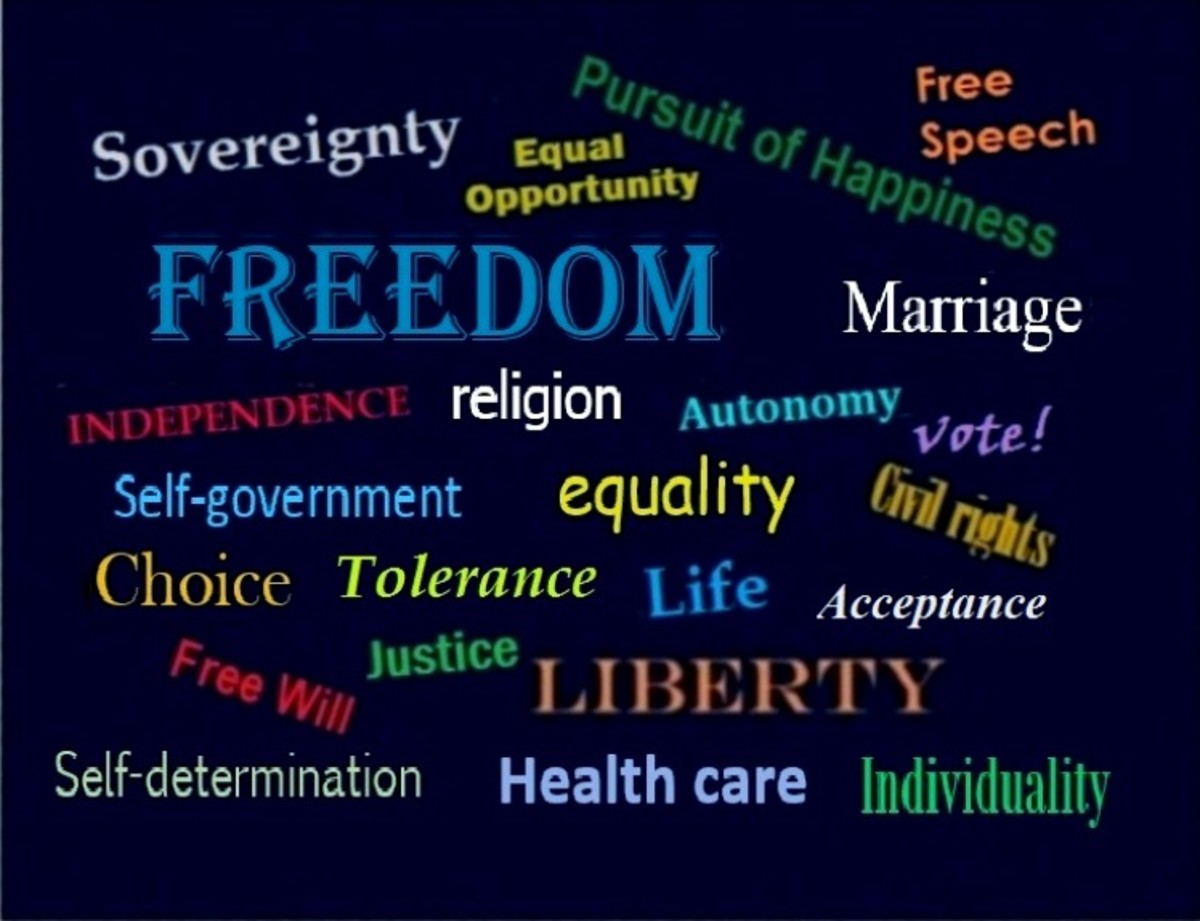The Impacts of Zakat on Society as a whole

The institution of Zakah is the backbone of the fiscal system of Islam. It is the most important source of revenue of an Islamic State. Although it is a transfer payment/receipt and not a tax in true sense, it resemblance a proportional tax, with sufficiently large exemption limit, and quite wider base encompassing different forms of wealth. Its rates are fixed by shariah and not left open for parliamentary debates. As income rises and wealth of the society expands, the revenues increase. It passes all the tests of a good taxation system. The Muslims consider it an obligation and an integral part of their religion. It is estimated that revenue from Zakah will be roughly 4% of the GDP in a country like Pakistan provided the system is incorporated efficiently. This is a very high potential and capable of significant implications. The economic impacts of Zakah can be studied under the following heading.

Income Redistribution
The primary objective of Zakah system is to minimize income inequalities and to eradicate poverty. It is the most effective fiscal instrument of resources from rich to poor sections of the society and therefore a powerful tool for a welfare state. However, it is safe and somewhat blunt instrument to serve the purpose on the sense that its impacts are gradual, i.e. bearing fruit only in the long run. In case the objective is to bring about very abrupt and drastic change in the income distribution so as to reduce inequalities and to eliminate poverty in the minimum possible time, certain other policy measures will be required beside enforcement of Zakah. These measures include imposition of upper ceilings on properties and productive resources, confiscation of wealth and assets and imposition of wealth tax at progressive rates. Islam can favor such additional measures only in particular circumstances, for instance if wealth of the society is concentrated in a narrower circle and its accumulation has resulted through unfair means and exploitation of the poor.
Zakah funds are primarily meant for fulfillment of the basic needs, i.e. catering for the immediate consumption requirement of the poor and destitute on priority basis. However, it is desirable to provide sufficient assistance to the unemployed and least privileged individuals out of Zakah revenues to rehabilitate them on permanent grounds if surplus funds are available. Consequently, the small scale enterprises will get flourished and self-employment promoted. Leading to a more equitable distribution of income. In modern technology, the percentage of population living below the poverty line will go on diminishing and the income distribution will go on improving in terms of Gini-coefficient if Zakah system is properly enforced and sustained.
Stabilization
A fiscal system incorporating Zakah as an essential ingredient ensures a built in stabilization mechanism. Combined with other monetary and social policy measures like the elimination of interest from financial transaction and discouraging speculation and gambling activates, the implementation of Zakah will ensure stabilization in the economy. It is important to note that while collection/payment of Zakah is necessary as and when it is due, its disbursement during the given financial period is not. In other words, a part of revenue from Zakah can be retained in the treasury for unlimited time and can be disposed off as and when needed. Thus in the time of boom and prosperity, the revenue from Zakah will swell up and held as budget surplus. This will reduce consumption and investment expenditure and thereby lead to dampen inflation. On the other hand, the disbursement of the Zakah will encourage consumption and aggregate demand due to multiplier effect in the periods of depression, leading to more investment and employment generation. The stable rate of Zakah but the variable volume of revenues and expenditure will regulate the budget. As such, the adverse effects of business cycles will be minimized on account of the cushioning effect of Zakah.
Development and Growth
Most of the Muslim countries in the contemporary world are under-developed. There is dire need of providing the necessary infrastructure to the masses to accelerate the pace of development and growth. However, capital information requires mobilization of the necessary resources that are scarce. The provision of social services at various sectors and improvement in the standard of living is another feature of development. The institution of Zakah can serve these purposes to some extent. The basic objective of the institution is the provision of basic needs to poor masses that will elevate the standard of living automatically.
An effective enforcement of Zakah will erode idle saving and encourage a wider circulation of wealth in the society. So for as the poor sections of the society are concerned, their consumption expenditure will definitely rise when assistance from Zakah is available. However, some individuals within the well to do classes will also be induced to increase their consumption outlays since zakah is admissible to the stock of saving. This change in behavior of the society will lead to increase aggregate demand and employment due the multiplier effect. On the other hand, most of the individual asset holders will be forced to invest their idle saving in productive business/projects to minimize the negative impacts of zakah on wealth. This may be the usual impact of Zakah and the most desirable attitude of the payers in reaction.
The holy Quraan severely forbids the custodians from devouring the wealth of orphans by unfair tactics and also from handing over properties to their owners unless they are capable of bearing the responsibilities to properly manage. Meanwhile they are obliged to invest the funds at their disposal in productive business thereby rendering the properties as permanent source of income and reservoirs from where the basic needs of the owners could be fulfilled. Thus the enforcement of Zakah will mobilize idle saving, lower the cost of capital and encourage investment even in the least profitable but economically viable and socially desirable avenues. These areas are usually ignored by the private sector due to high risk and low profitability in the prevailing capitalist system and left for the public sector investment.
The instrument of Zakah, combined with other policy ingredients, has a strong but gradual impact on growth and development through induced investment. It has a positive effect on the product-mix of goods and services since the Islamic emphasizes the free interplay of market forces. In the presences of Zakah, the product-mix will comprise a larger fraction of necessities and a lower fraction of luxuries. Further, due to suppression of conspicuous consumption, private saving is encouraged and its efficient transaction into socially desirable project is the most probable impact of Zakah.
Welfare Effect and Economic Efficiency
As discussed above, some of the jurists hold the opinion that the head of expenditure, namely ‘in the way of Allah ’, prescribed for disbursement of Zakah is very vast and unlimited. Therefore, the funds can be allocated directly or indirectly to achieve a number of objectives. For instance, provision of facilities in health, education, technical training, low cost housing for the workers and improvement of working conditions, etc. can be financed of zakah funds. These will certainly enhance efficiency and production. Although, the fulfillment of immediate needs of the poor like food and clothing deserve the first priority in Zakah distribution, however, the provision of substantial financial assistance to eligible candidates for skill development and rehabilitation is the most desirable goal of public in an Islamic State.
A taxation structure is said to be efficient if the excess burden (welfare cost) is minimum. The direct taxes are considerable to be more efficient than commodity taxes. Against, the proportional taxes are more efficient as compared to progressive taxes under this criterion. Zakah is a medium of resource transfer from rich to the poor with or without state intermediation. There is no doubt that the recipients enjoy a welfare gain in terms of higher utility attainment. So far as the payer is concerned, there are rare chances of reduction in his wealth.








